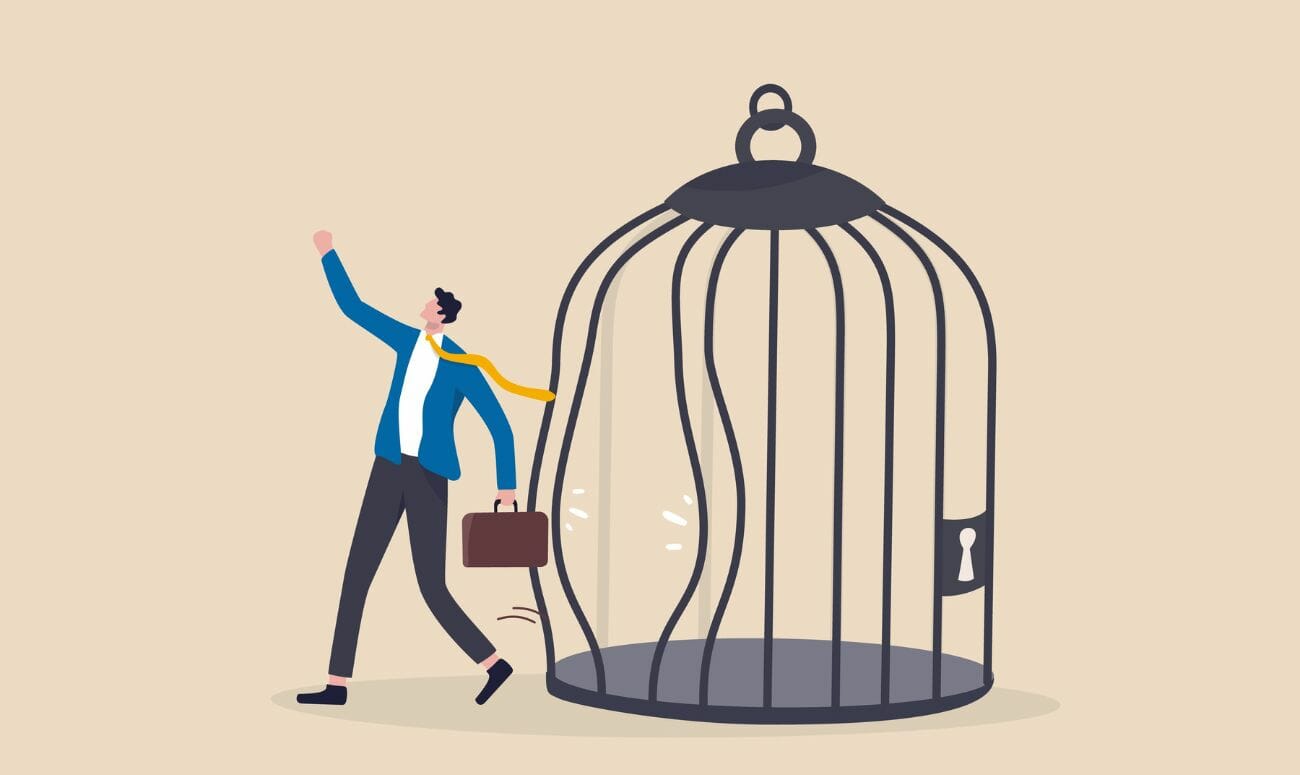The blank space in your mind can be confusing and frustrating. Why is it suddenly so hard to pay attention to what you’re doing, and why does it feel like your brain is suddenly 30 years older than you are?
When you’re feeling particularly slow and can’t seem to focus, you may be experiencing a common side effect of COVID 19 known as brain fog. Almost 20 to 30% of COVID patients have experienced brain fog that has persisted for months after the initial infection.
What are the Symptoms of Brain Fog?
Brain fog can simply look like:
- You are going through life in slow motion
- You have an inability to focus
- You are forgetful in keeping track of important tasks and chores
- You feel tired through the day even with minimal physical activity
- You often lose your train of thought, even in conversations
- You often make careless mistakes that you would not ordinarily have.
When Should You See a Doctor?
Brain fog can be frustrating and worrisome no matter the situation. You can almost feel your cognitive skills wax and wane. But when you feel your symptoms persist over a period of time and find it coming in the way of your daily routine, it’s time so seek some help.
While some people are able to carry on with their work and their everyday life, they often feel the need to take a moment and refocus. And then there are those that are completely disabled by brain fog.
How is Brain Fog Diagnosed?

Although brain fog can sometimes just sound like bad weather that will clear over time, research also shows that it can affect people far more seriously. Affecting people for months at a time, taking over aspects of their life in the guise of run-of-the-mill sluggishness or forgetfulness. It tends to affect a set of skills that are essential for planning, organization, multi-tasking and focusing on menial tasks.
How Can You Clear Up Brain Fog?
Lucky for us, there are a few simple steps you can take to help manage and get over your brain fog.
1. Get Enough Sleep
Get better rest, which is of course easier said than done for some of us. Take measures to relax your mind at night. Unplug your electronics, light a candle, and meditate for a few minutes to get your mind ready for sleep.
2. Avoid Multi-Tasking
Start with short-term strategies to manage your everyday tasks. Focus on the task at hand, what’s truly important. Use a notebook or a planner to figure out what times of the day you are feeling truly energetic and clearheaded. Keep this time for more difficult and complicated tasks.
3. Take Mental Breaks
Take regular breaks when you are tackling long or complicated projects, so you can focus better and finish tasks in a timely fashion. It will help give your brain that much needed break to rest and reset in time to focus again.

4. Stay Socially Active
Reach out and spend time with your friends and family. Lean on your loved ones. Maintaining a rich social network will help you reduce stress and keep you stimulated emotionally and intellectually.
5. Try Meditation
Meditation can help you focus and block out the noise. It can teach your brain to rewire and reduce the symptoms of brain fog. It calms the mind and slows down the perpetual cycle of thoughts. It will help you ease anxiety and stress which enhance the feeling of brain fog and lack of cognitive clarity.
This guided meditation can help you step out of your mind.
6. Avoid Consuming Alcohol
Consuming alcohol can make you feel inebriated and out of control. Being hungover is far from fun even under normal circumstances, but when suffering from brain fog, it can make you feel more out of sorts.
7. Eat a Healthy Diet
Eating healthy is key as it provides essential minerals and nutrients that allow your brain to recover and heal. Make sure that you stay hydrated and eat a variety of foods that are rich in vitamins and antioxidants.
8. Exercise
Moving your body and enjoying even a leisurely walk can get your blood circulating. Spend time doing a few minutes of yoga, running or taking your pet for a walk outdoors to feed oxygen rich air to your brain.
The brain is an extremely sensitive organ which needs time and effort to recover after an illness. Be patient and allow your mind to fully recover before you throw yourself back into your daily routine. If the symptoms linger more than a couple of weeks, be sure to consult a doctor.
Read More: Benefits of Meditation to Sharpen Kids Memory
Like & Follow ThinkRight.me on Facebook, Instagram, Twitter, Pinterest and Telegram to stay connected.






























